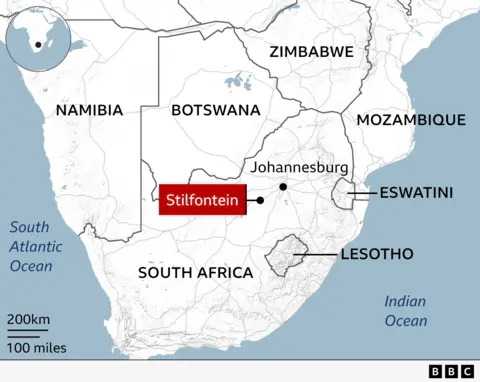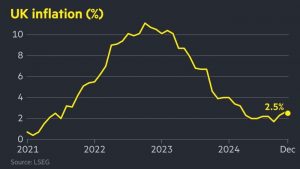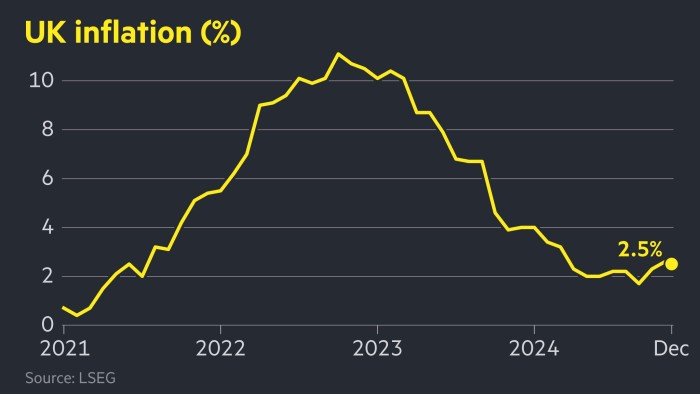 AFP
AFPRescuers have spent Tuesday pulling body bags and survivors from a South African mine where scores of illegal miners are still thought to be at least 2km (1.2 miles) underground.
Eighty-two people have surfaced alive from the shaft in Stilfontein since the rescue mission began on Monday, police say, while 36 dead bodies have been retrieved.
On Tuesday, the BBC saw dozens of emaciated miners – wearing tattered clothes and no shoes or socks – being escorted to a medical tent.
Some of the body bags appeared so light that they were only carried by one person.
This story contains a video that some people may find distressing.
The men have been underground since police operations targeting illicit mining started last year across the country.
More than 100 of the illegal miners, known locally as “zama zamas”, have reportedly died underground since the crackdown on their activities began at the mine some 145km (90 miles) south-west of Johannesburg last year.
The authorities however, have not confirmed this figure as it is yet to be “verified by an official source”, a spokesperson told the BBC.
Relatives and community members have been protesting at the mining site, armed with placards urging the authorities to rescue the miners.
They look weary and tell the BBC on Tuesday that they have tired of speaking to the media.
Zinzi Tom explained that her 29-year-old brother, Ayanda, went down the mine in June because he was unemployed and wanted to make a living.
“We questioned whether he should do it, but he’s of age, he can do whatever he wants. But now that’s not the point. The point is that we want to save him. We want him out,” she said.
Some of the miners that managed to escape have told Ms Tom that her brother is not well. She hopes he will be one those rescued soon.
Ms Tom describes her brother as quiet and private, adding: “I need to be strong for him, because I can’t be weak now. He needs me more than ever.”
The mood among the relatives outside the mine turned sour when a convoy carrying Mineral Resources Minister Gwede Mantashe and the police minister arrived at the site.

The government has been criticised for taking a hard line on the illegal miners by blocking their food and water supplies. They also shut off all but one of the mine’s exits.
Last week a court ordered the government to facilitate a rescue operation that had been long-delayed.
The authorities have defended their robust response to the miners and in a press conference outside the mine Mantashe said the “fight against illegal mining” should be intensified.
“It’s a crime against the economy, it’s an attack on the economy,” he said.
Sanco, a national umbrella body for NGOs, has been sending volunteers down the shaft with the rescue teams and advocating for the miners.
“We had initially requested that we take out the dead bodies first, so that we avoid a situation where they decompose to an extent that their families cannot identify them anymore, because these are the dead bodies which have been there for quite some time,” Sanco provincial spokesperson Mzukisi Jam told the BBC.
He added that they are also prioritising getting out the very sick and have sent some food and water down the shaft.
On Monday, disturbing videos emerged showing the dire situation at the disused gold mine.
In one of the films, which the BBC has not independently verified, corpses wrapped in makeshift body bags can be seen. A second shows the emaciated figures of some miners who are still alive.
During the press conference, Mantashe said that in 2024 the trade of illicit precious metal was estimated at $2.4bn (£2bn).
Mantashe also attempted to talk to the protesters but was drowned out by angry speeches.
There is a feeling at Stilfontein that more could have been done to prevent the build-up of the dozens of corpses said to be underground.

More South Africa stories from the BBC:
 Getty Images/BBC
Getty Images/BBC























+ There are no comments
Add yours